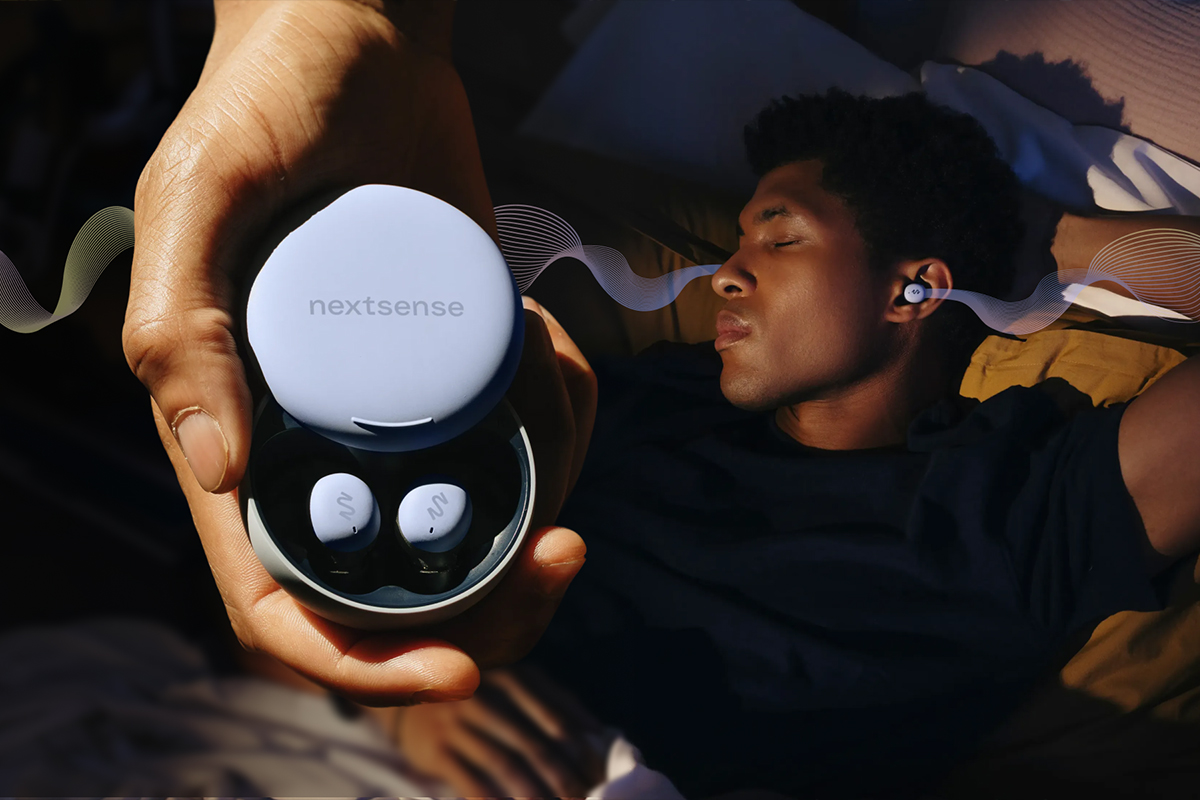
Amidst widespread misconceptions, the conversation around menopause and sexual desire is evolving. While many attribute changes in libido during menopause to fluctuating testosterone levels, experts like Dr. Davis argue otherwise. “Testosterone blood levels do not change at menopause; they change with age,” she explains. Instead, she points to the impact of estrogen changes and the overall well-being of women during this life stage.
Today, more discussions about aging, menopause, and sexuality are taking place, fueled by both popular culture and personal narratives. Miranda July’s 2024 novel, All Fours, delves into the life of a perimenopausal woman exploring an extramarital affair. Celebrities like Gillian Anderson and Charlize Theron have also spoken about newfound sexual freedoms post-menopause, challenging traditional narratives.
Challenging the Myth of Sexual Decline
A landmark study from 2007 revealed that while sexual activity might decrease with age, libido does not necessarily follow suit. Clinical psychosexual therapist Jacqueline Hellyer emphasizes the variability in how menopause affects individuals. “You can’t really say how it [menopause] is going to affect people,” she notes, comparing it to the diversity of experiences during pregnancy.
Hellyer argues that societal pressures often play a more significant role in perceived declines in libido than physiological changes. “Women in their late 40s and 50s often face enormous pressure—from career peaks to family responsibilities,” she explains. These stressors can overshadow personal needs and desires.
Personal Narratives and Expert Insights
For many women, like Mok, who experienced menopause at 42, the journey has been about finding fulfillment and joy in midlife. As the director of the Yeah the Girls 40 Plus community, Mok shares, “I still love sex,” attributing her vibrant sex life to the effort she and her partner invest in their relationship.
Trisha Avery, who underwent clinical menopause in her 30s, echoes this sentiment. Now in her 60s, she embraces her sensuality, viewing it as an evolving aspect of her identity. “I like to talk about myself as a sensual being,” she says, highlighting the shift from athleticism to a more nuanced understanding of intimacy.
The Role of Wellbeing and Sexual Health
Research increasingly suggests that sexual activity contributes to overall wellbeing, potentially mitigating menopause symptoms. A 2025 study of Japanese women found a link between regular sexual activity and reduced genitourinary symptoms during menopause. Similarly, a 2024 survey by The Kinsey Institute reported improved symptoms through masturbation among 36.2% of menopausal women.
“Sexual dissatisfaction has been associated with lower wellbeing in women,” says Dr. Davis, emphasizing the importance of a fulfilling sex life.
For Mok, a happy relationship has alleviated many uncomfortable symptoms of menopause. “The dopamine release from cuddling, kissing, and sex plays a role,” she shares, underscoring the connection between emotional and physical health.
Redefining Sexuality in Midlife
Dr. Suzanne Belton, a medical anthropologist, critiques the limited medical discourse on menopause, which often focuses solely on comfort rather than pleasure. “What we would really like is to have orgasms at the same rate as blokes: sexual equality,” she asserts.
For those experiencing challenging symptoms, medical treatments like hormone replacement therapy can be beneficial. However, Dr. Davis stresses the importance of personalized approaches. “If you’re feeling like rubbish, you won’t feel like sex,” she advises, encouraging open communication with partners about these changes.
Hellyer recommends fostering a “responsive type of arousal,” which involves creating conditions for intimacy rather than waiting for spontaneous desire. “We should focus on the conditions that couples need to feel connected,” she suggests, highlighting the significance of emotional intimacy.
As the conversation around menopause and sexuality continues to evolve, it becomes clear that midlife can be a time of sexual fulfillment and personal growth, challenging outdated myths and embracing a more nuanced understanding of desire and intimacy.






